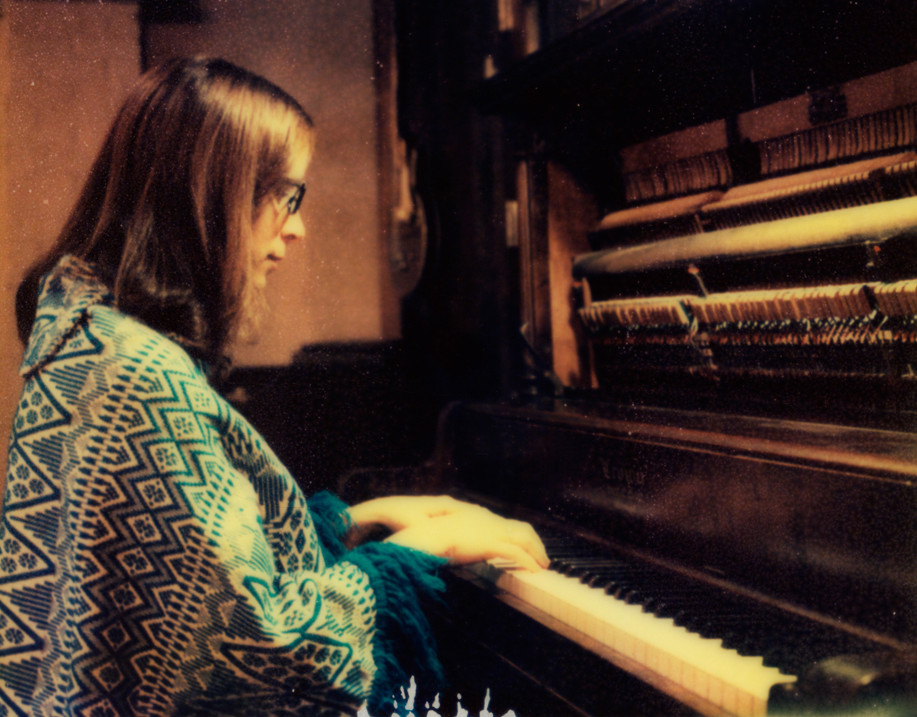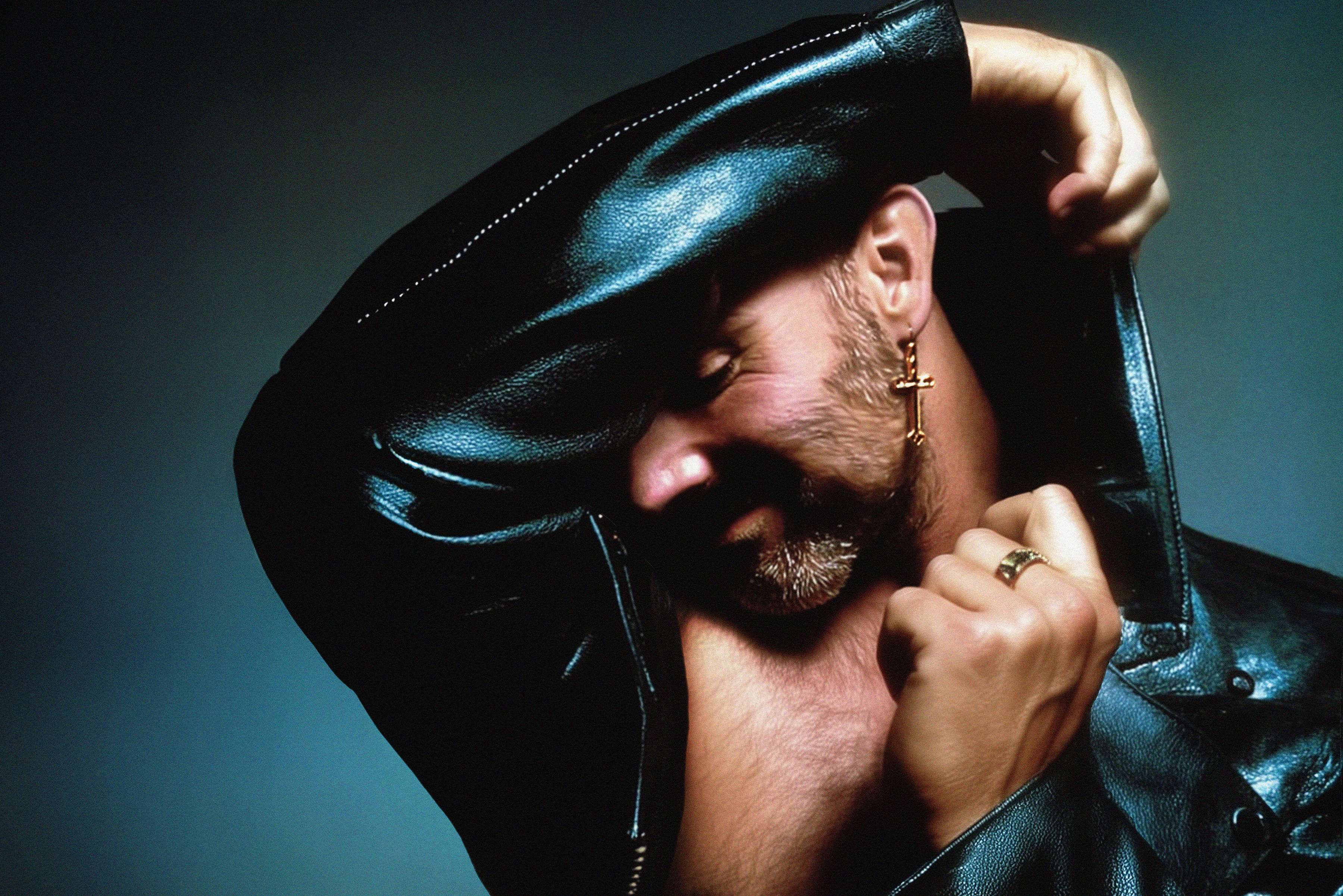Q&A: Singer-Songwriter Laura Veirs

Image: Chloe Aftel
On August 20, singer-songwriter Laura Veirs will release Warp and Weft, her ninth album and finest work to date. We review the album in our August issue, but we also wanted to talk with Veirs about her 180 on motherhood, the process of creating the album, and her thoughts on Portland. She plays a record-release concert at the Doug Fir on October 5.
Culturephile: I think it’s been 10 years since I last interviewed you. It was 2003, for the Portland Tribune, and your first widely released album, Troubled By the Fire, had just come out.
Laura Veirs: That’s a long time ago!
Well, I try to get around to interviewing folks once a decade or so. You had a song called “Cannon Fodder” on that album that has the lines “I will not have a child/I will be wild/I won’t produce need for your slaughter/No more cannon fodder.” So things have changed?
I don’t think I ever really wrote that from my own perspective. It was more like a character. But I did wonder at that stage if I was ever going to have kids—I wasn’t hell-bent on it. I thought I might be one of those people who just doesn’t have kids, but it was never as literal as that song portrays. My sentiments were more mixed. And now I’ve got two young sons, hopefully not future warriors. One of them is obsessed with battling bad guys right now, but he’s only three.
You’ve traveled and toured extensively, and I’ve always thought of you as a wanderer, a rambler. Did the new album Warp and Weft come from a more rooted or settled perspective, now that you’re raising a family?
I wouldn’t say settled, because I feel like the songs are exploring feelings of being unsettled, in the more cosmic sense, like, we don’t have control over our own lives. We have children but we don’t know what’s going to happen to them. Bad things can happen to them, and when you become a parent you’re haunted by that reality. But there are songs like “White Cherry” that are written from a more wise perspective—hopefully, since I’m almost 40—that are like, hey, this is good! This is an abundant life. But there’s this shadow there—a darkness. And it’s come about because I’m a parent and I don’t have much control. (Sighs)
Are you a helicopter parent?
I’d say I’m a pretty chill mom. I would say I tend to slide too much on the relaxed side. Like last night, my young son, who is only two months old, had to go to the emergency room. He was coughing so much I thought he was going to perish. I think my tendency as a parent is to be like “Aw, he’ll be fine.” But that was an example of “No, he’s not fine.” My point is that I was worried, like, have I been too lenient as a parent? I always try to strike a balance between attentive and helpful and … not quite over the top.
Striking a balance seems to be a recurring theme in your songs. In “White Cherry” you sing, “In moments of excess, I try not to overdo it.”
Yep. I’m going to have fun, but not over-the-top fun.
And I really appreciate the way the songs fit together on Warp and Weft. There’s a graceful shift between “big picture” topics, odes to nature, and songs about artists that you admire…
I do feel that this album is more topical, like the song “America” is obviously about gun violence in this country, which is very upsetting to me. I’m glad I was able to capture something on the subject. I also think it’s a cool song. It’s pretty catchy.
It seems like it’s really hard to speak out about such a polarizing issue without conking people over the head with a message.
Yeah, it is. I used to do it a lot more, the topical stuff. But this is such a deep, dark topic I had to write about it. It’s a very American problem.
I also think the order of the songs, the sequencing, was very carefully considered. The order in which they appear has a very organic flow.
Thanks! That’s Tucker (Martine), my husband. He’s great at thinking along those lines. I mean, I’ll suggest like, this one is a good poppy introduction, and “America” should be near the front. And “White Cherry” seems like the obvious closer because it’s different than anything I’ve done. So it leads people on to … whatever comes next.
You have a number of songs about inspirational artists…
Art is such a solace. Without it life would be pretty bleak, don’t you think? I think good art comes from other good art. I love reading great fiction writers; they inspire my songwriting deeply. I couldn’t do it myself. It seems like such a lonely job. But they provide such a light for humanity.
Tucker is more inspired by music; he’s way more of a psycho music fan than I am. He’s always got something new for me to listen to. He turned me on to Alice Coltrane (musician, wife of sax icon John Coltrane, and subject of the Veirs song “That Alice.”). And it was beautiful! I’d never heard anything like it! The song “White Cherry” is heavily influenced by Alice Coltrane.
Right! It’s got the harp and the skronky sax! Do the artists you admire share any particular traits that you find especially compelling?
I would say they’re outsider artists. We have a lot of those in this country. Artists who aren’t well known compared to others but that make incredible art.
So how long have you lived in Portland? Like five years?
Seven, actually.
Wow! Do you feel that you have a pretty good handle on how Portland works? Were you surprised and/or delighted by any aspect of Portland that you weren’t aware of?
Everybody loves their neighborhood! And everyone thinks they live in the best neighborhood. We love our block in Northeast, we know all our neighbors, and the kids all run around together. Wherever you end up moving the first time you come here, you just want to stay there. We’ve thought about moving around, but we just … could never leave. Portland seems very geographically oriented that way. I never go to Southeast because I have everything I need on Alberta!
Yeah, I live just off Hawthorne, and I never go to Northeast. But then, I don’t drive. I guess what I’m getting at is the whole perception of Portland as seen by the rest of the world. We’re iconoclastic, we make our own beer, and there’s the whole Portlandia and Keep Portland Weird branding. How much of it is true and how much is just myth building?
Well, my friends from Seattle just came down to visit, and everywhere we went they were like, “This is just like Portlandia!” They saw a sign that said, “Free bamboo stalks,” like that’s just the most ordinary thing, someone giving away their bamboo stalks. The other night I saw two guys walking down Alberta carrying a giant shoe. A giant papier-mache shoe. Like 12 feet long! And there are a lot of eccentrics here, there is a definite outsider element, and you can fly your freak flag, and it’s no big deal. That will probably change, it always does.
The inevitable cynical backlash. Laura Veirs
Doug Fir
Oct 5
The other thing I noticed here is that people smile a lot, way more than they do in Seattle. Like just walking down the street. It was really noticeable when I first moved here. People are really friendly and they smile when they acknowledge each other on the street. I like that.




